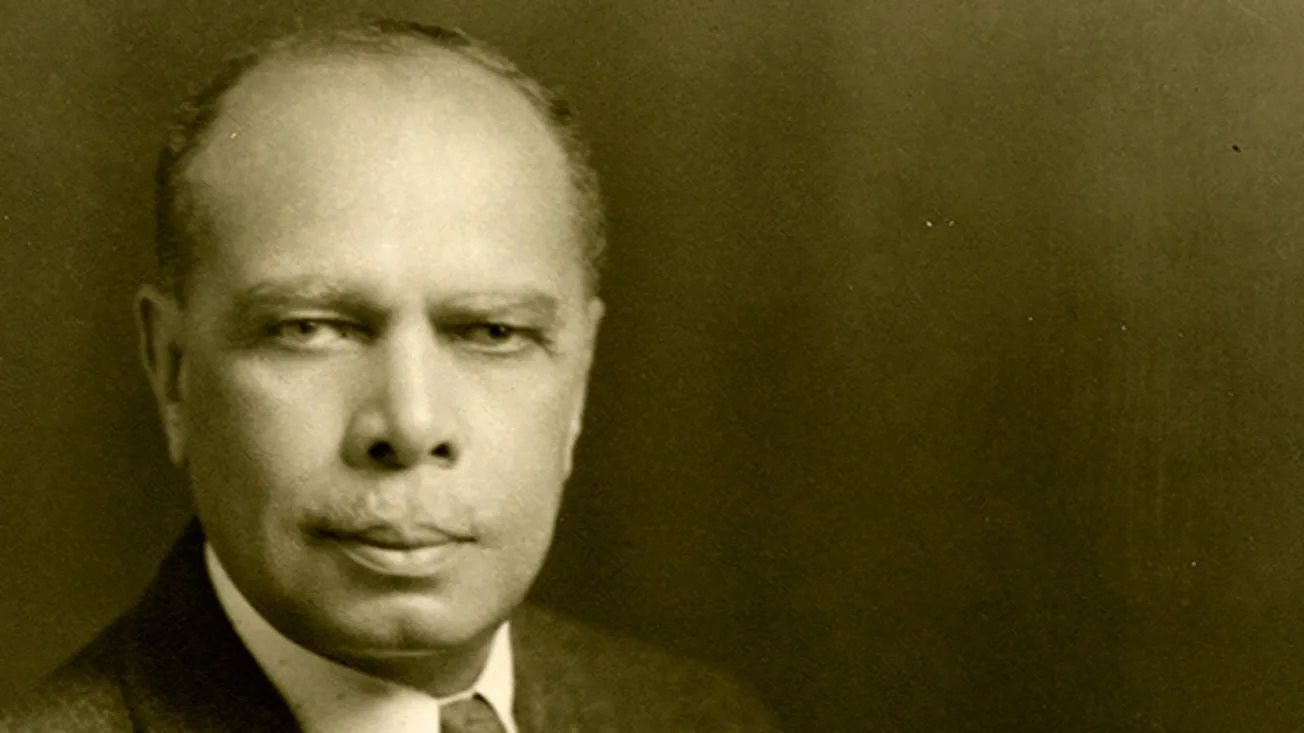"Lift Every Voice and Sing," often called the Negro national anthem, has been a powerful fixture in Black communities for generations. Written by James Weldon Johnson in 1900 and later set to music by his brother, J. Rosamond Johnson, this song is more than just lyrics and melody. It is a declaration of faith, resilience, and the unbreakable spirit of a people who have endured centuries of struggle.
I remember learning the song in elementary school and singing it with pride. But more than learning the song, we were taught the meaning behind each stanza—the stony road we trod, the bitter chastening rod, and the hope that lifted us even when our feet grew weary. Every line tells the story of a people who kept their eyes fixed on the promise of liberation despite the hardships of bondage and systemic oppression. The ringing of earth and heaven speaks to the power of collective lament, a cry so deep that even the cosmos acknowledges it.
When examining our history, we see that faith has guided us through the darkest hours. Our ancestors never wavered in believing that dawn would break, no matter how long the night. They pressed forward, knowing that victory was not just a possibility but a divine promise—on earth as it is in heaven. Their fight was relentless: They wept, bled, and sacrificed so that future generations could walk paths once closed to them. And yet, that work remains unfinished.
During the benediction at Mass on Sunday, I watched as some of our youth stood detached, eyes glazed over, while elders, not all but many, sang this very song that once fueled the spirits of freedom fighters. I was disappointed that even my elders, who grew up during what Short Kuts Show storyteller Claire Dorsey calls “the assassination era,” either didn't remember the words or didn't know them.
Our parish comprises many parishioners from Africa and the Caribbean, and I’m not privy to their familiarity with the history of Johnson's poetry. I am curious, though, as to why they think we sang this song. What once stirred hope and courage now risks becoming a mere ritual devoid of the fire that once burned in our ancestors’ hearts. These elders are the pioneers on whose shoulders we stand, the ones who sacrificed their lives so that we could have opportunities they were not afforded.
Have we strayed from the path that Johnson wrote of 125 years ago? Have we forgotten where we met God—in the depths of despair, through trials of addiction, violence, and struggle? Have we remained silent about our journey so that our youth and young adults have no idea how we made it over or who carried us through?
Are we so intoxicated by the new wine of money, status, and power that we have lost our way? Are we more consumed by the latest rap battle between Drake and Kendrick Lamar than the battle for our communities, families, and legacy? Have we forgotten our superpower: our faith, history, and resilience?
And what of this native land we sing about? Is it the land of our ancestors, the soil of Africa, or rather the country where we were born? That’s a discussion in itself but one thing is sure: We cannot lift every voice and sing if we have failed to teach the words.
We have done ourselves and our children a disservice by neglecting to teach the history of African and African-American contributions to the world. It is like asking a choir to sing in perfect harmony without learning the melody. We must reclaim our history, tell our stories, and ensure that our children know the power of the song—not just as lyrics but as a living testimony of who we are and where we are going.
So, let us not just sing “Lift Every Voice and Sing.” Let us embody it. Let us remember, reclaim, and teach. The fight is not over, and the song is still ours to sing.
Dr. Paula S. Langford is a clinical social worker, neuroscience coach, and global mental health missionary. She earned a master's and doctorate from Howard University School of Divinity. As a member of St. Ambrose Catholic Church in Baltimore, she blends Catholic spirituality with African traditions, neuroscience, and brain-body-based interventions to foster resilience, empowerment, and holistic well-being.









